Hurricane Beryl Explained, Category Five hurricanes, and a new beginning
Happy Independence Day!
I am congratulating to the readers coming in from the States and myself. As it is my first ever post as an independent journalist.
Yay! I am super excited and lot more nervous as it is a super bold move for me. If you wish to know my journey as a journalist then you can read the about me section.
To support me on this new adventure of mine, you can subscribe to this newsletter.
Now, with that aside, we can talk about the purpose and nature of this endeavor.
The fundamental objective behind this project is to assist my readers in understanding and contributing in ever-raging debates on issues like climate change and environmental degradation.
To achieve this objective, I am going to explain words, terms and concepts associated with the ongoing developments around these issues.
Let’s suppose a story has been published in newspaper about a category five hurricane.
Now, you may prefer to read the news piece as you wish to understand the issue.
But if you don’t understand the key terms and concepts then you may finish reading the piece but it won’t help you much in developing a well-rounded understanding of the issue.
You won’t feel confident enough to talk about this with your family or friends.
Now, you may ask about the risk of not understanding. My answer would be this - If you won’t understand, you will misunderstand.
As a result of this misunderstanding, you may find statements like the ones mentioned below DISPROPORTIONATE and EXAGGERATED.
Like the meteor that wiped out the dinosaurs, humanity is having an outsized impact on our planet. In the case of the climate crisis, we are not the dinosaurs. We are the meteor. We are not only in danger. We are the danger. But we're also the solution.
- António Guterres, Secretary-General of the UN
I may further state that the misunderstanding and unfamiliarity with these issues lead to indecisiveness and inaction.
As per a report from US Congress, the cost of inaction on climate change issue is huge.
For example, a hotter planet would make workers and agriculture land less productive.
So what to do - climate is evidently changing, scientists are doing whatever they can, and new words, definitions, and concepts are being created every single day. It’s hard to keep yourself updated with all this change.
Here comes this newsletter. It exists to explain complex words, key terms and concepts in a simple and conversational language.
These posts will also provide links for supplementary readings. Occasionally, I will also share links of interesting articles.
This is a first post so let’s get to it without further ado.
In the last couple of hours, you may have heard or read about Hurricane Beryl.
It is a category five hurricane. It has caused massive destruction in Jamaica and it is still moving ahead. You can see its path in this map.
As per the report published by Reuters, this is a first hurricane of this hurricane season.
There are a couple of things to uncover in this story - what is a hurricane, why are they categorized into five categories and what is this hurricane season?
What’s a hurricane?
The word hurricane finds its origin in the Taino word Hurakan which roughly translates to the ‘God of Storm’.
It is also believed to come from a Spanish language word Huracan.
There is a good amount of Mayan mythology behind this word. You can read more about it.
Hurricanes are simply a kind of tropical storm that forms over large bodies of relatively warm water
They are the perfect mix of warm sea surface temperatures and air. It is basically this simple.
But when does a tropical storm become a hurricane? The answer lies in the sustained wind limit of any tropical storm.
So as a tropical storm reaches the sustained wind limit of 74 MPH or 119.091 KMH, it becomes a hurricane.
Watch this video to understand the science of hurricanes.
What’s a category 5 hurricane?
Now, in order to communicate the potential damage from hurricanes, they are classified into five categories based on their sustained wind speed.
This is based on Saffir–Simpson hurricane wind scale. It was developed to assess the impact of hurricanes on residential projects.
As per this scale, any hurricane with more than 157 MPH or 252 KM/h is a category five hurricane.
The higher the category, the greater the hurricane's potential for property damage.
You can watch this video to understand the impact of each category of hurricane.
It’s not just a Category 5 hurricane. It is the earliest category five hurricane in decades.
What’s a hurricane season?
As per a Reuters report, world meteorological organization’s (WMO) spokesperson Clare Nullis has said that this hurricane has set a very bad precedent for the hurricane season.
She said, "It's the earliest Category 5 hurricane on record in the Atlantic, Caribbean and Central American basin,"
"It sets a precedent for what we fear is going to be a very, very, very active, very dangerous hurricane season, which will impact the entire basin."
But what is a hurricane season? Is it like summer or winter season?
Well, yes. It is somewhat like that.
Each year from June to November 30, Atlantic basin witnesses about half a dozen hurricanes. Atlantic basin includes Atlantic ocean, Caribbean Sea, and Gulf of Mexico.
Are Category 5 Hurricanes Rare?
So far, there has been only 30 category five hurricanes since 1960. The last one before this was Katrina in 2005 which caused massive destruction in New Orleans.
So, yes, you can call it rare as it is also the earliest recorded category five hurricane in last many decades. Out of all, 82% of such massive hurricanes have witnessed between August and November.
So, is climate change making these rarities a new normal?
Just read what the head of the UN’s climate change arm Simon Stiell has to say about this.
“This is not a tomorrow problem. This is happening right now in every economy, including the world’s biggest — disasters on a scale that used to be the stuff of science fiction are becoming meteorological facts, and the climate crisis is the chief culprit.”
- Simon Stiell, Head, UN Climate Change
Not just this, National Oceanic and Atmospheric Administration has forecasted that 2024’s hurricane season may have 17 to 25 named tropical storms.
Out of them about eight to 13 would be hurricanes and between four and seven would be major hurricanes.
So, yeah…rare or not, you decide and share your views.
Supplimentary Readings:
THE 5 HURRICANE CATEGORIES, EXPLAINED - Washington Post
US forecasters see large number of major hurricanes in 2024 - Reuters
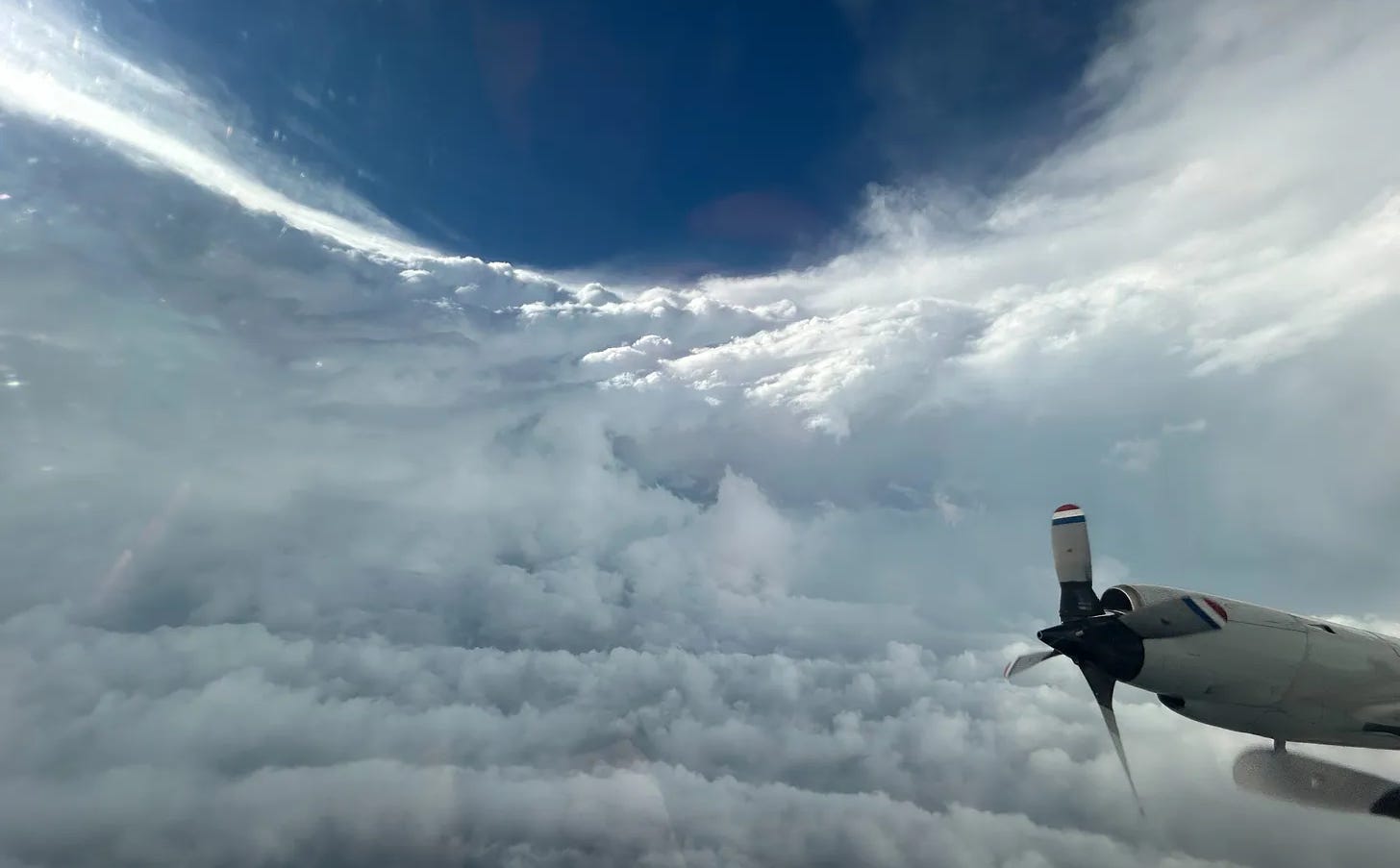
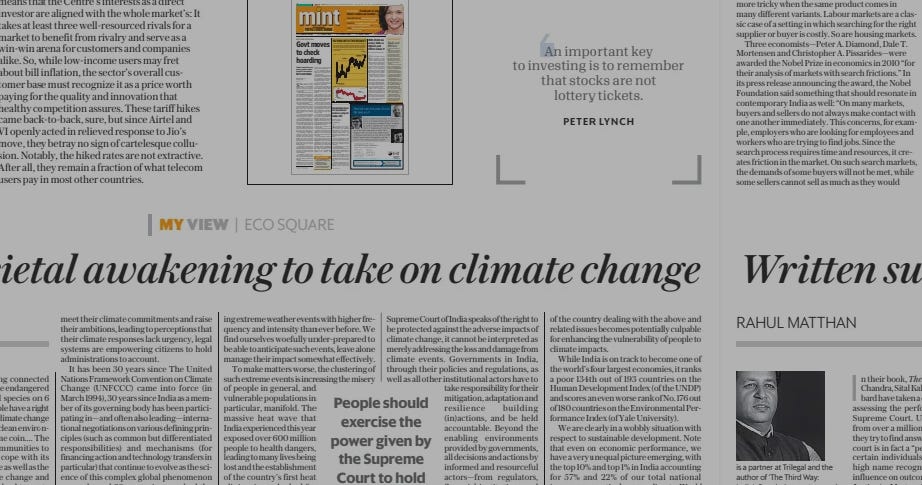

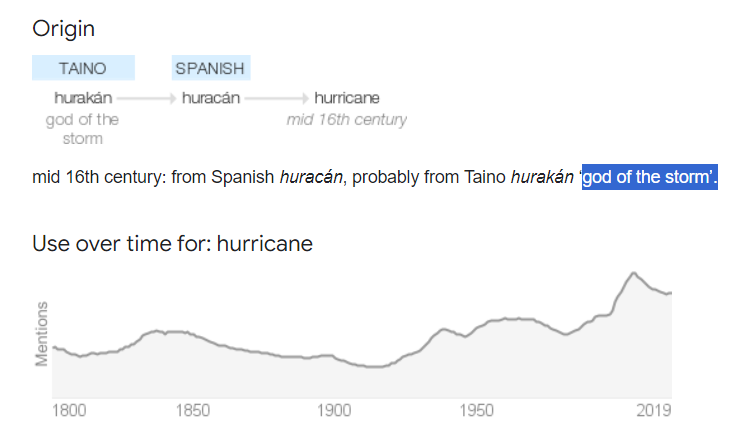
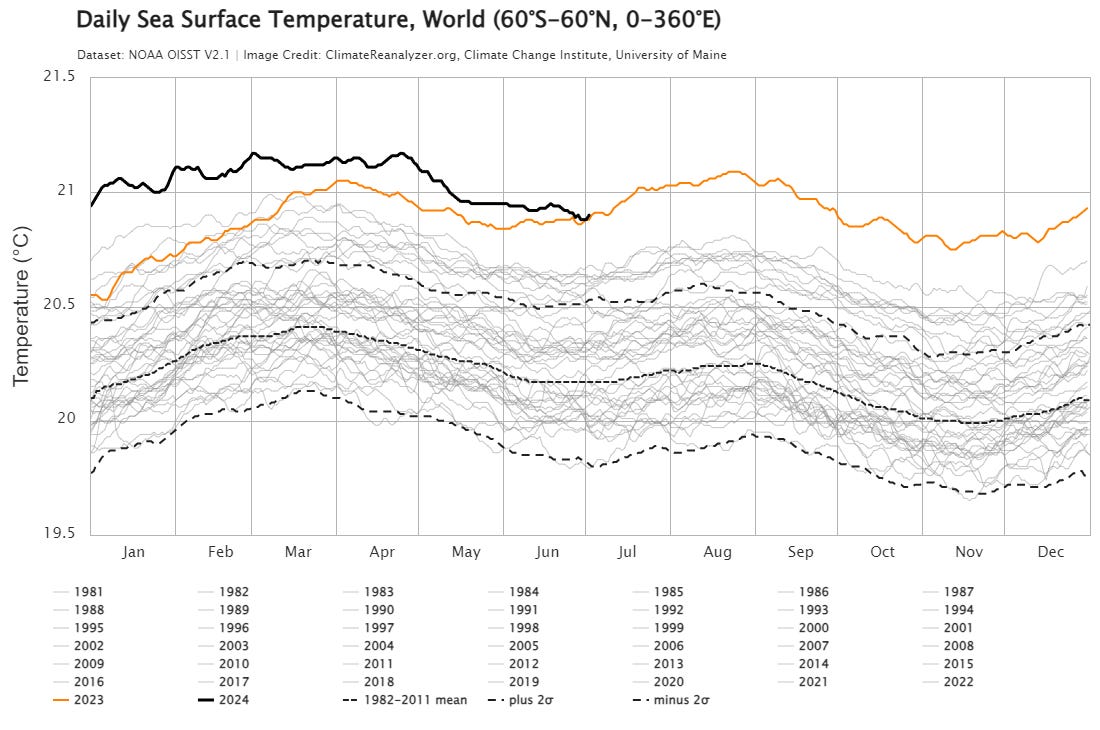
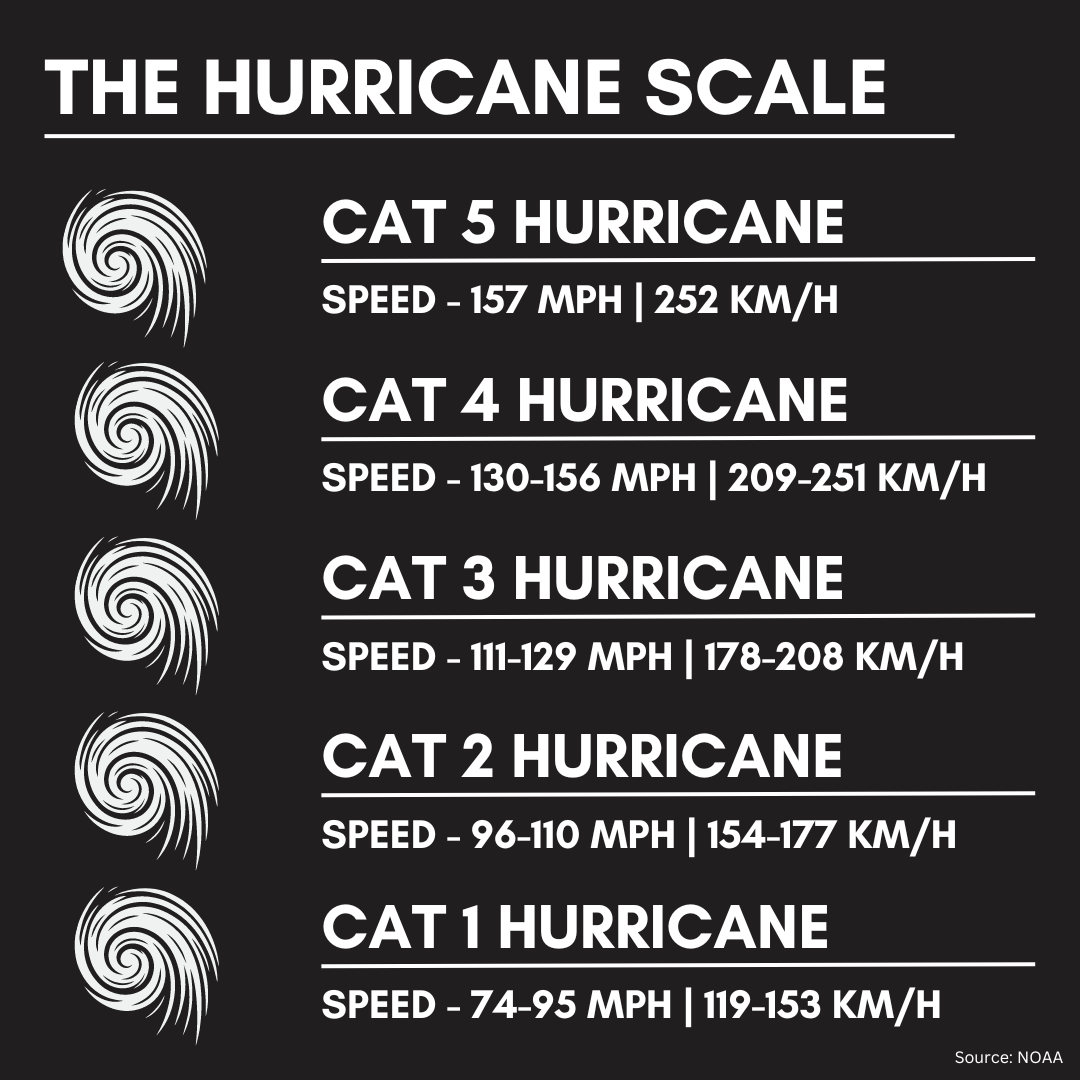
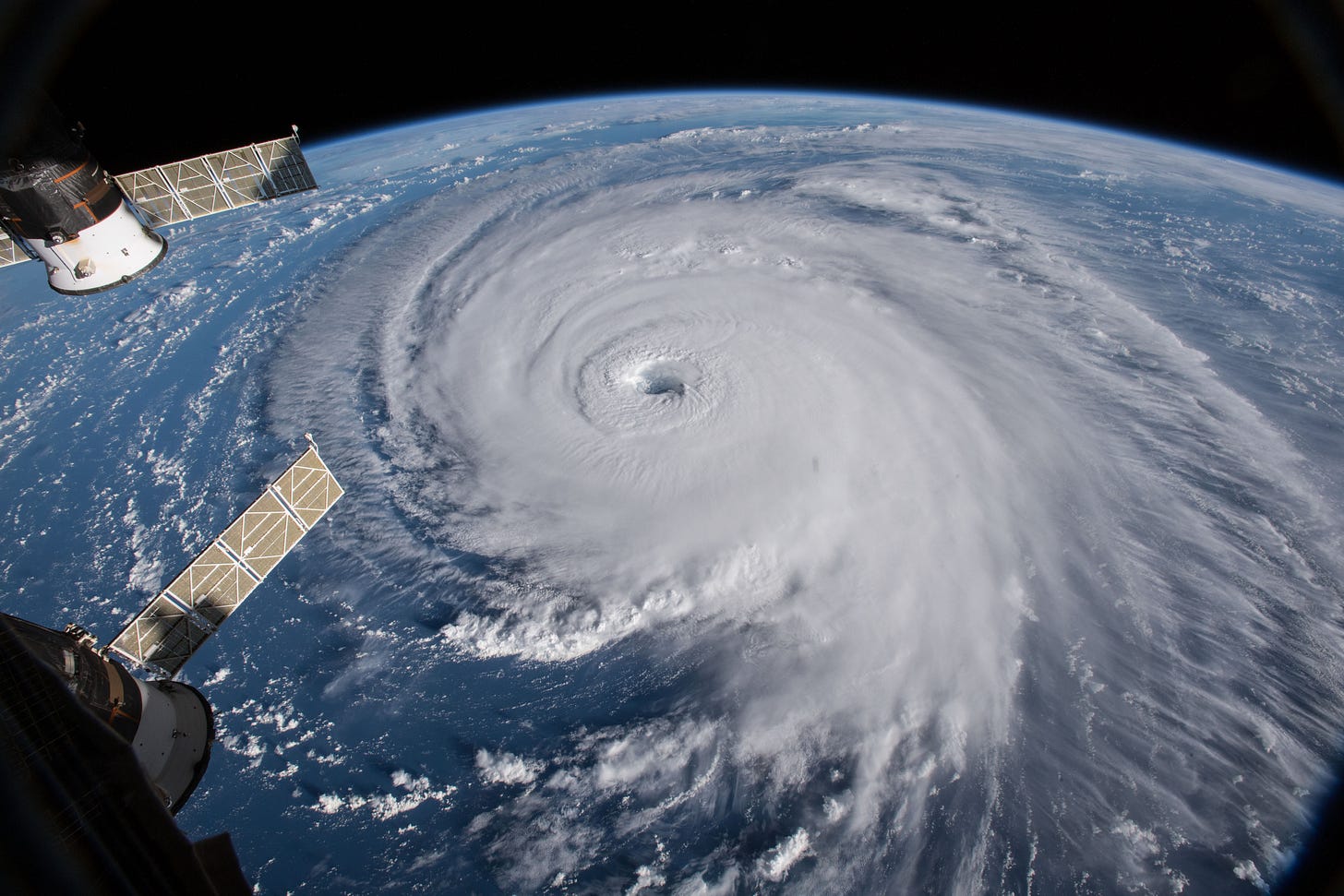
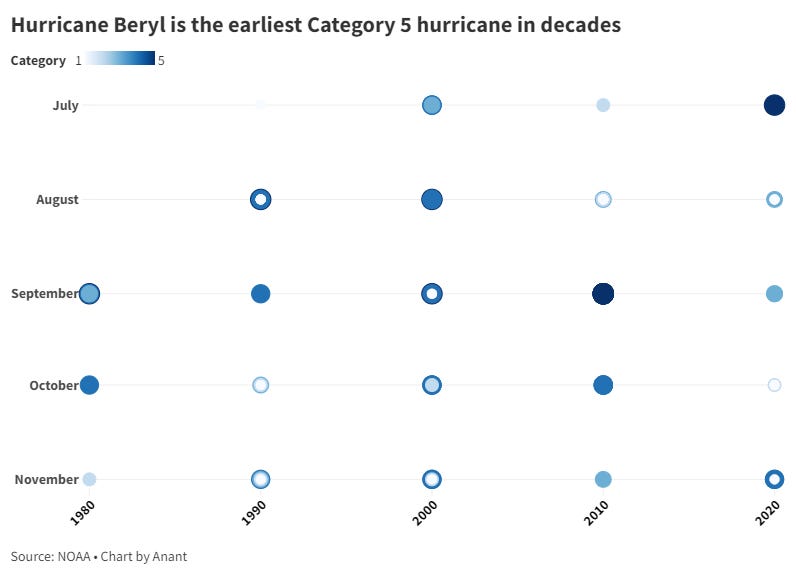
This was a great read! It was really detailed, but I agree with Jericho when he mentions that the content should be a bit more 'bulky', so to speak. I also think that the content should have been arranged more clearly, and it may be a good idea to include sources to your article in order to improve its reliability. I've subscribed!
Happy Belated Indpendence day! Came from the link on Reddit. I don't have a ton of writing experience so take my feedback with a grain of salt... Overall tone is on point, but the paragraphs shouldn't all be one sentence. Should probably go a bit more in depth, and there are some punctuation and grammar issues, but overall a good informative article on an interesting topic that will only become more important!